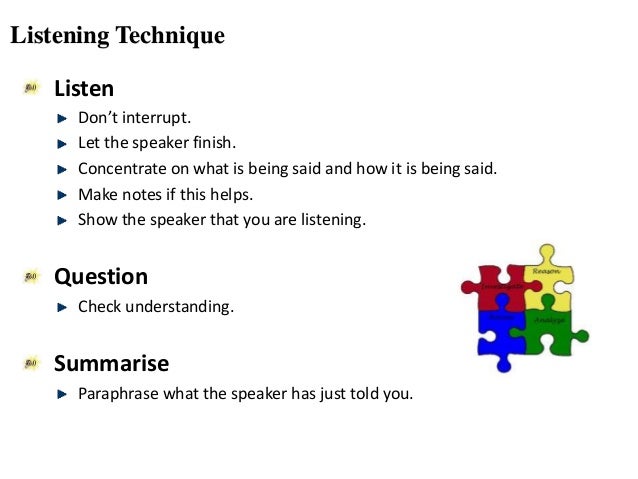

"Guga" means elephant: Learning languages during sleep?Īndrillon and his colleagues have found that learning in sleep can go beyond simple conditioning. In that research, smokers used fewer cigarettes after spending a night being exposed to the smell of cigarettes paired with rotten eggs or spoiled fish. "This was a clear finding showing humans can form new memories during sleep," said Andrillion, who was not involved in that study.Īlthough the memory was implicit, it could affect the people’s behavior, researchers found in a 2014 study published in the Journal of Neuroscience. Once awake, upon hearing the tone, the people held their breath in anticipation of a bad smell. The scientists played a tone to sleeping study participants while unleashing a nasty spoiled-fish smell.

In a 2012 study published in the journal Nature Neuroscience (opens in new tab), for example, Israeli researchers found that people can learn to associate sounds with odors during sleep. Multiple studies have found that a basic form of learning, called conditioning, can happen during sleep. Rotten eggs and smoking: Making associations For example, the implicit nature of sleep learning makes the phenomenon useful for people who want to shed a bad habit, like smoking, or form new good ones. "But people are not really interested in this basic form of learning."įor scientists, the recent discoveries have raised hopes about possible applications, Andrillon told Live Science. So, even seeing the most basic form of learning is interesting for a scientist," said Thomas Andrillon, a neuroscientist at Monash University in Melbourne, Australia. "For decades the scientific literature was saying sleep learning was impossible. Still, these findings have elevated sleep learning from the category of pipe dreams and put it back on scientists' radar. Put another way, this form of learning is extremely basic, much simpler than what your brain has to accomplish if you want to learn German or quantum mechanics. The catch, however, is that the memories are implicit, or unconscious. These findings suggest that it is possible for the sleeping brain to absorb information and even form new memories. These poor studies launched sleep learning into the trash can of pseudoscience.īut in recent years, studies have found that the brain may not be a total blob during sleep. Researchers found that if any learning had happened, it was only because the stimuli had woken the participants. But those findings were debunked in the 1950s, when scientists began to use EEG to monitor sleep brain waves. Some early studies found that people learned the material they encountered during sleep.

It played out motivational messages to sleepers, such as "I radiate love," supposedly helping the people absorb the ideas in their subconscious and wake up with radiant confidence.Īt first, it seemed that research backed up the idea behind devices like Psycho-phone. One popular approach to sleep learning was Psycho-phone, a popular device in the 1930s.


 0 kommentar(er)
0 kommentar(er)
